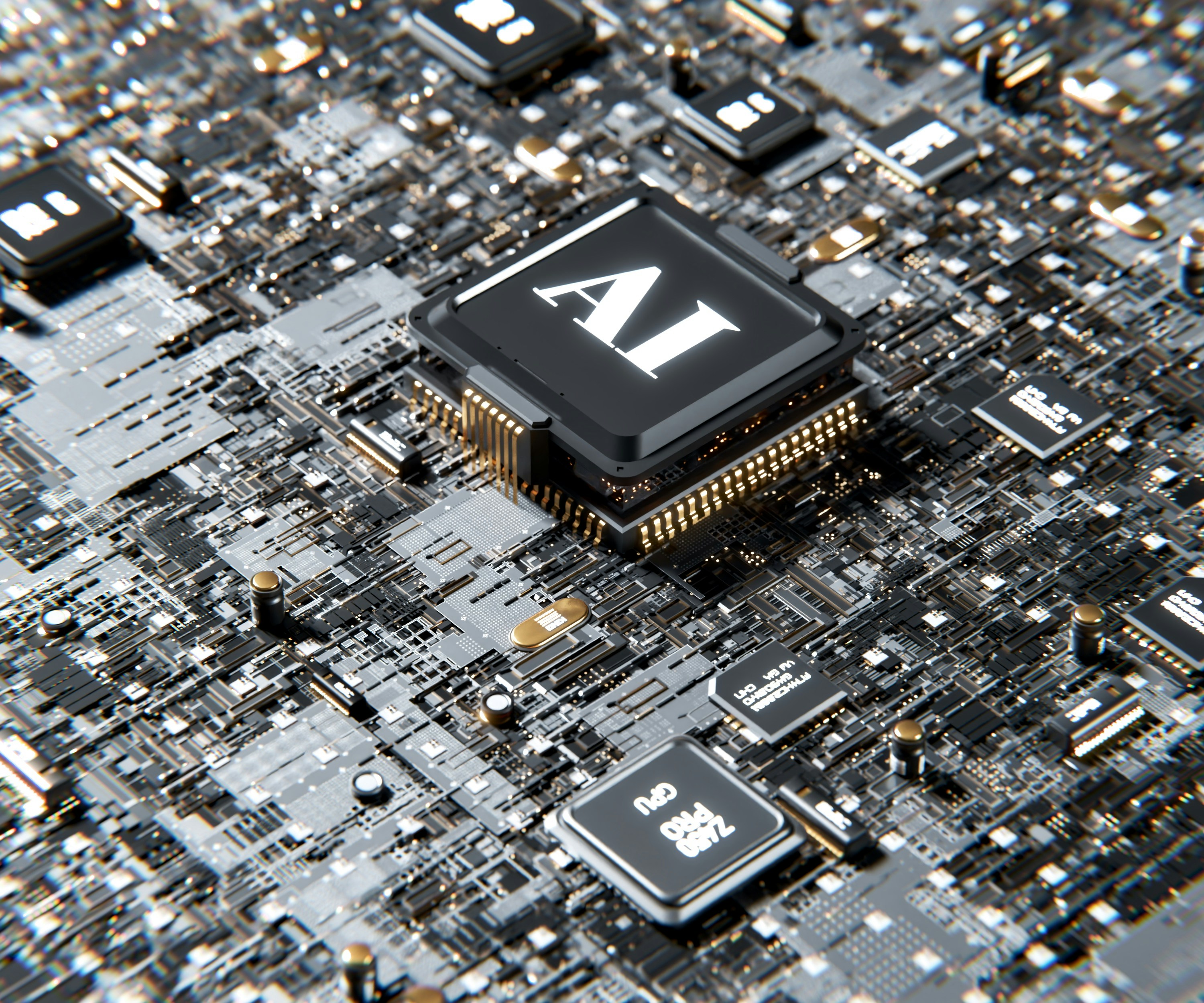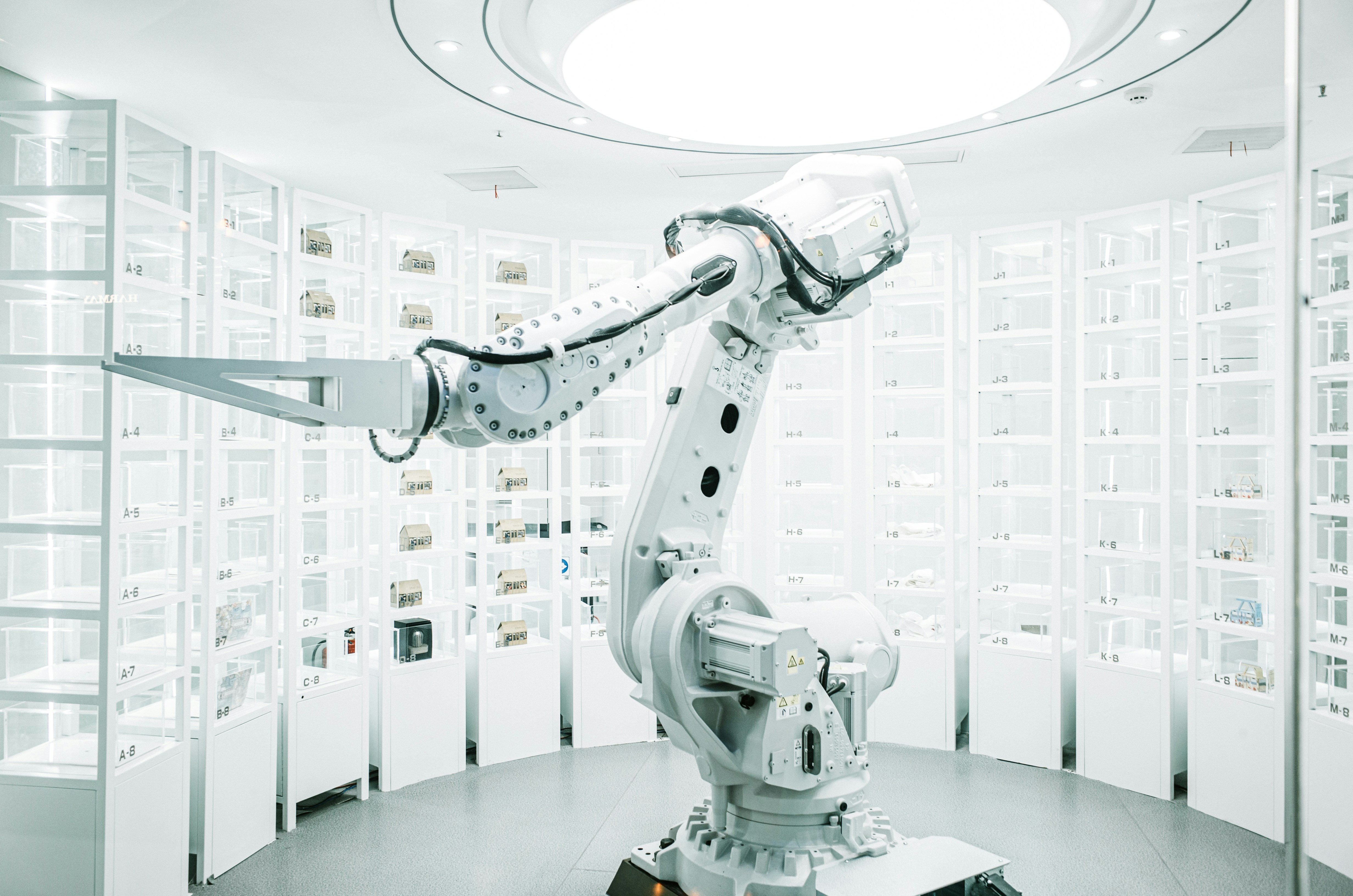The Impact of Artificial Intelligence on Tech Industry
Exploring the influence of AI on technology and innovation.

Photo by Igor Omilaev on Unsplash

Photo by Igor Omilaev on Unsplash
Introduction to Artificial Intelligence
Artificial Intelligence (AI) is a branch of computer science that aims to create machines capable of performing tasks that typically require human intelligence. This includes learning, problem-solving, reasoning, perception, and language understanding. Through the use of algorithms and data, AI systems can analyze patterns, make decisions, and improve over time.
Applications of AI in Tech Industry
AI has found numerous applications in the tech industry, revolutionizing various sectors. From chatbots and virtual assistants enhancing customer support to predictive analytics improving decision-making processes, AI is transforming how businesses operate. In healthcare, AI is being used for medical image analysis, drug discovery, and personalized patient care. In manufacturing, AI-powered robots are streamlining production processes and increasing efficiency.

Photo by Igor Omilaev on Unsplash
Machine Learning and Deep Learning
Machine Learning, a subset of AI, focuses on developing algorithms that enable machines to learn from and make predictions or decisions based on data. Deep Learning, a more advanced form of ML, involves artificial neural networks that mimic the way the human brain processes information. Deep Learning is behind breakthroughs in image and speech recognition, natural language processing, and autonomous vehicles.
Challenges and Ethical Considerations
While AI brings forth numerous benefits, it also presents challenges and ethical considerations. Concerns about privacy, bias in algorithms, job displacement, and the potential for AI to surpass human intelligence (superintelligence) are topics of ongoing debate. Ensuring that AI systems are transparent, accountable, and fair is essential for mitigating these risks and building trust in AI technologies.
